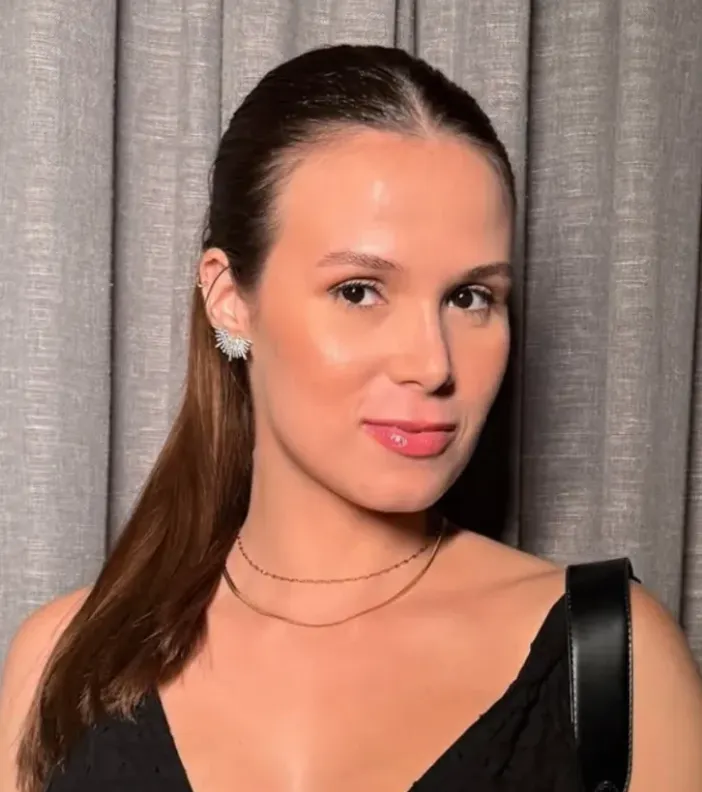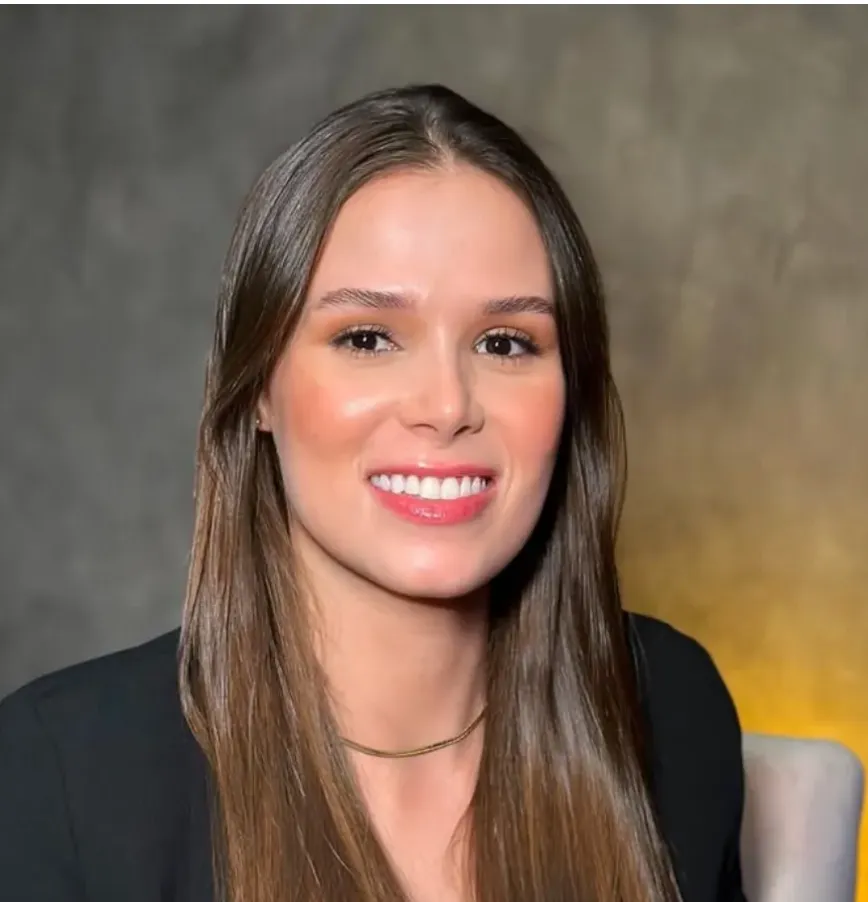The dispute between Brazilian passenger Jeniffer Castro and GOL Airlines over a seating conflict during takeoff has now escalated into a legal matter.
In December 2024, the 29-year-old bank employee from Belo Horizonte experienced an unexpected issue during her routine flight. After selecting a window seat in advance, she discovered that someone was sitting in it when she boarded. Castro assumed the other passenger would voluntarily move, so she waited for a resolution.

The situation became more tense when a child began crying, further agitating everyone onboard, including Castro. What should have been a simple seat change turned into a public spectacle after another passenger secretly recorded the incident and shared it online.
The video quickly went viral, attracting millions of views and sparking intense reactions. Many criticized Castro for refusing to vacate her assigned seat, while others defended her right to sit in the seat she had purchased. This online debate brought Castro into the spotlight, drawing attention to issues of personal rights and social etiquette.
Despite initial support, Castro soon became a target for online harassment, with many sending her threatening messages. However, her Instagram following soared to 2.1 million, and brands started to notice her, leading to a career as a social media influencer. But the overwhelming attention took a toll on her mental health, leading her to resign from her banking job.

Overcome by the public backlash and stress, Castro withdrew from the public eye for weeks, avoiding public places to escape recognition. She has now decided to take legal action against both GOL Airlines and the person who filmed the incident, accusing them of violating her privacy. Castro argues that airline staff should have intervened earlier and that filming her without consent was an infringement on her rights.

In a recent interview, Castro explained that her lawsuit is not solely about financial compensation, but about protecting online privacy and setting boundaries for personal space. She believes the viral video violated her right to privacy and stresses the importance of respecting personal choices in society.
Castro maintains that the media’s portrayal of her was unfair and that the incident, which could have been handled privately, should not have been publicized globally. Her case is now seen as a test for how individuals’ privacy is handled in the age of social media, and the outcome could have significant implications for online platforms and personal privacy laws.

“My goal is not just financial gain,” Castro said in her final statement. “I want to prevent such incidents from happening again and ensure that people’s private lives are respected.”